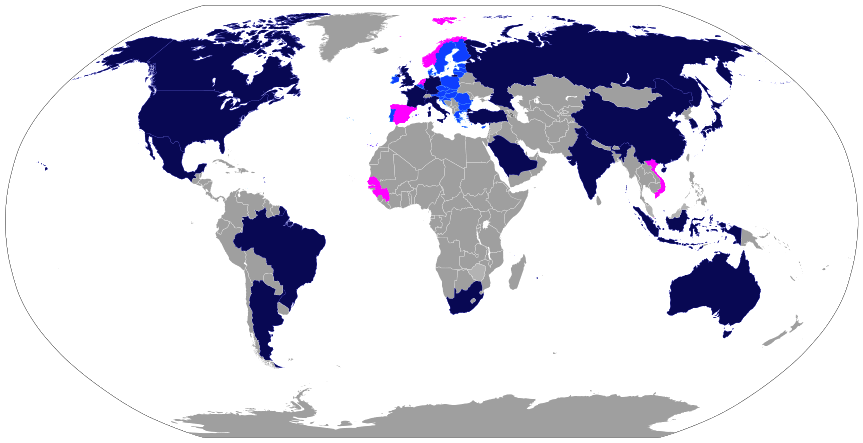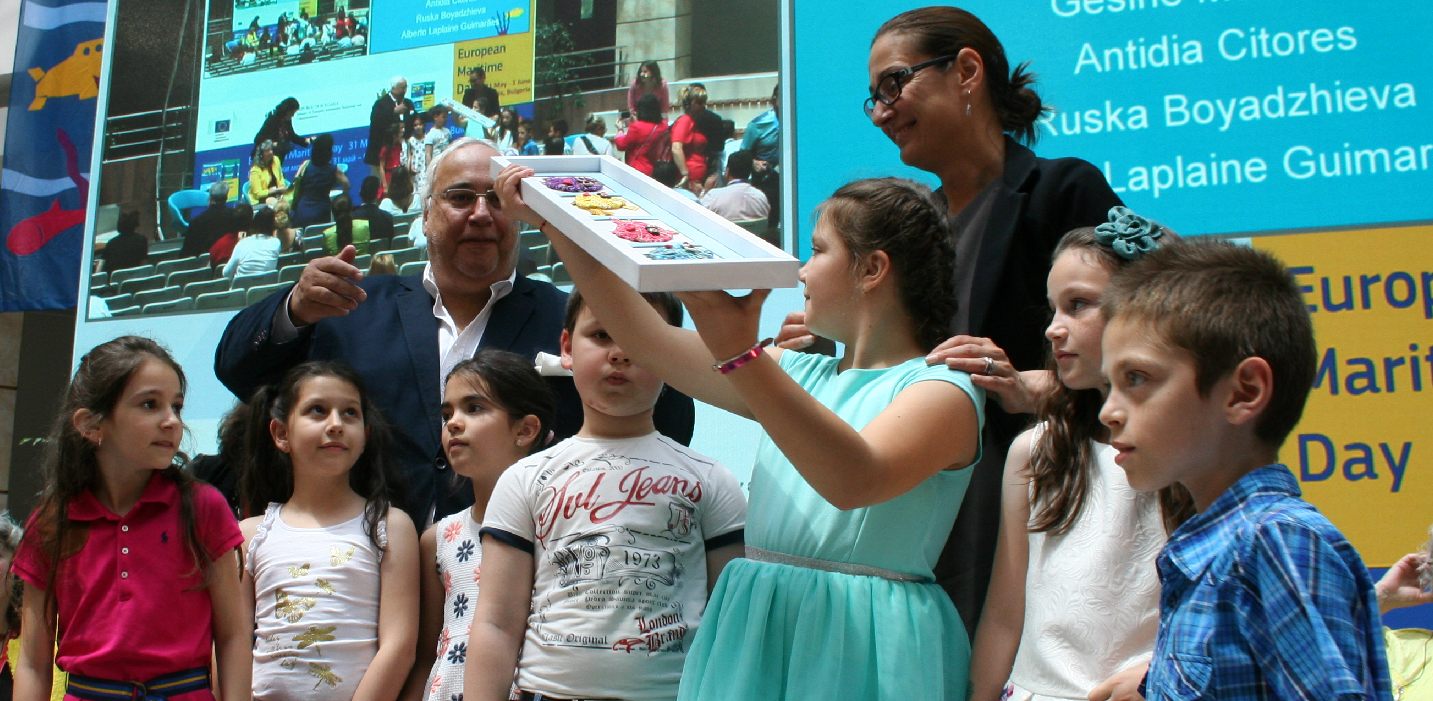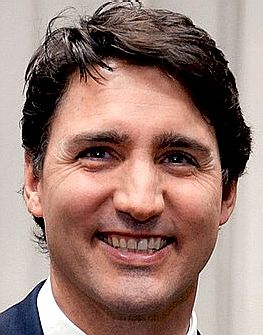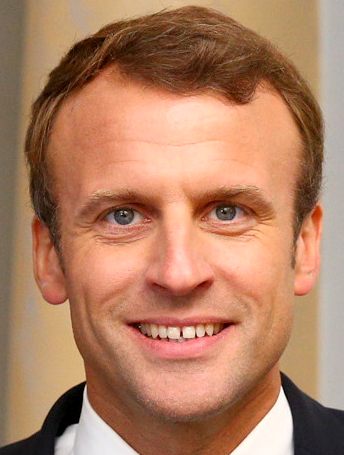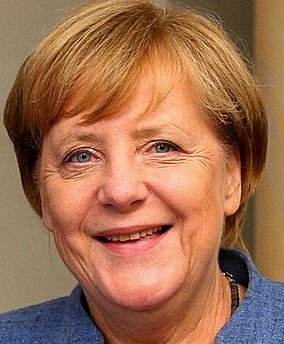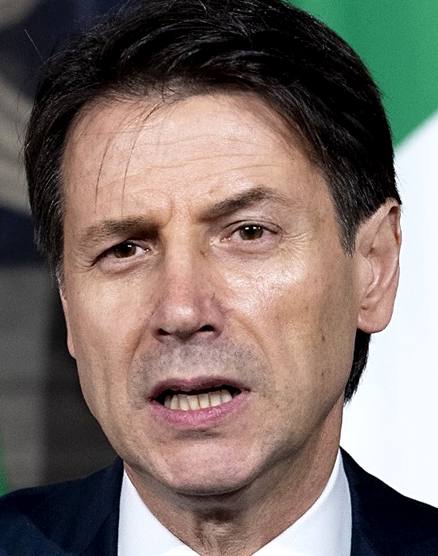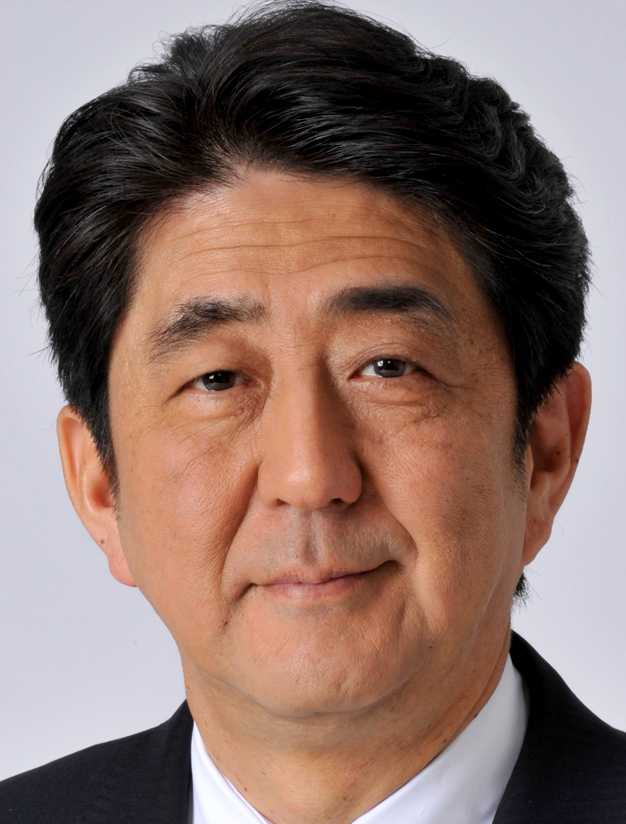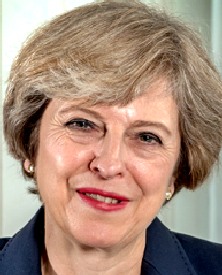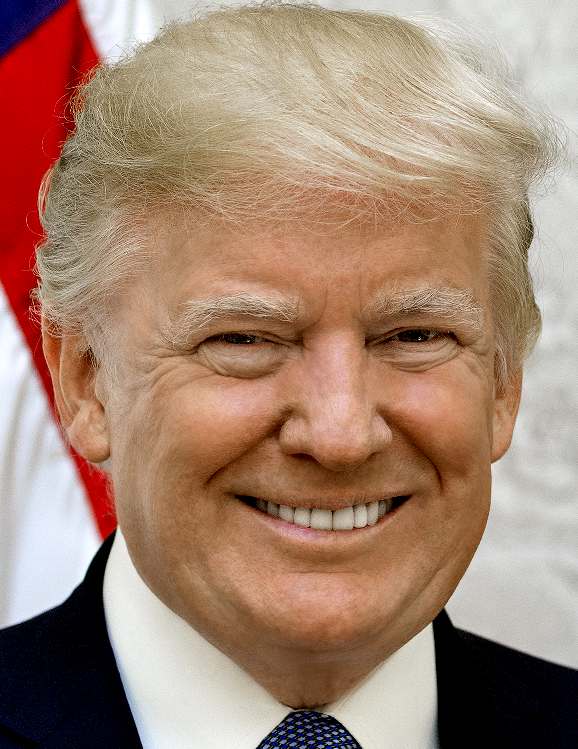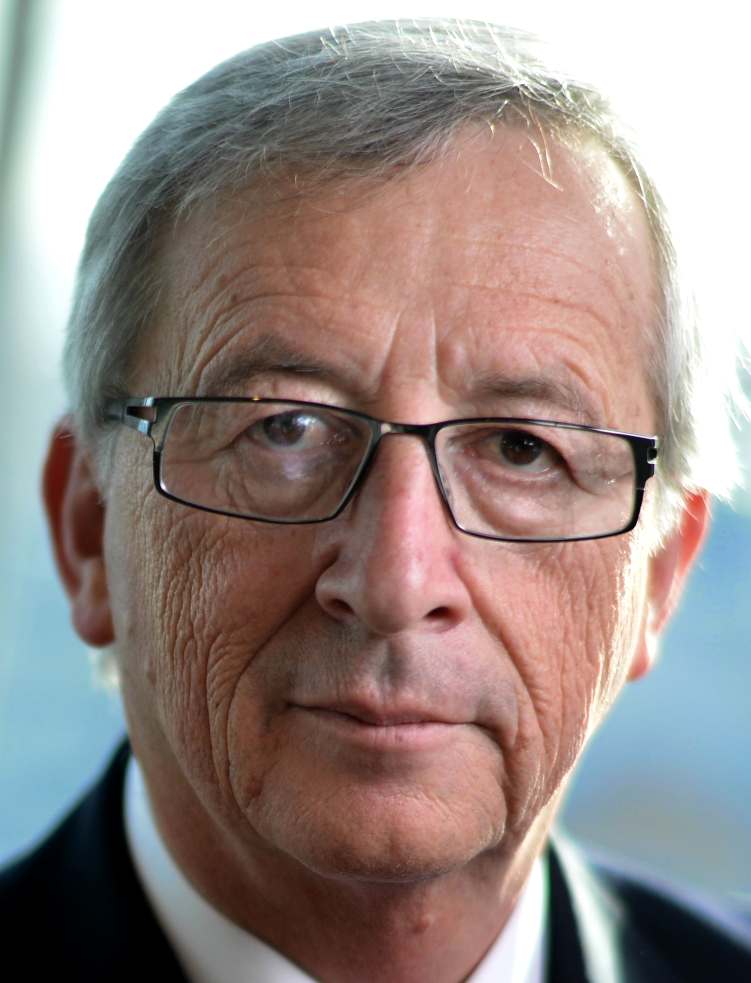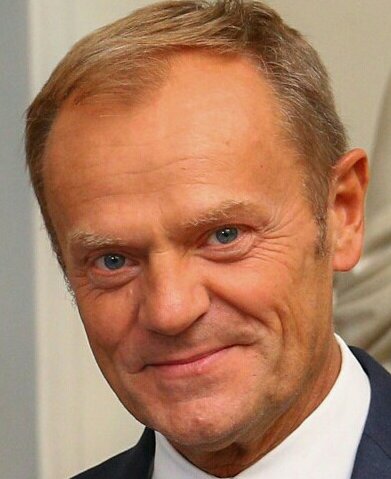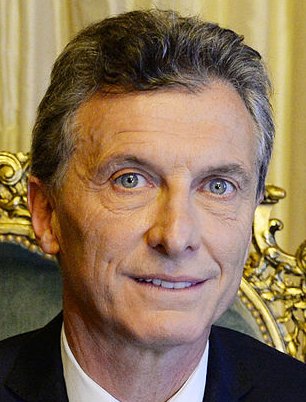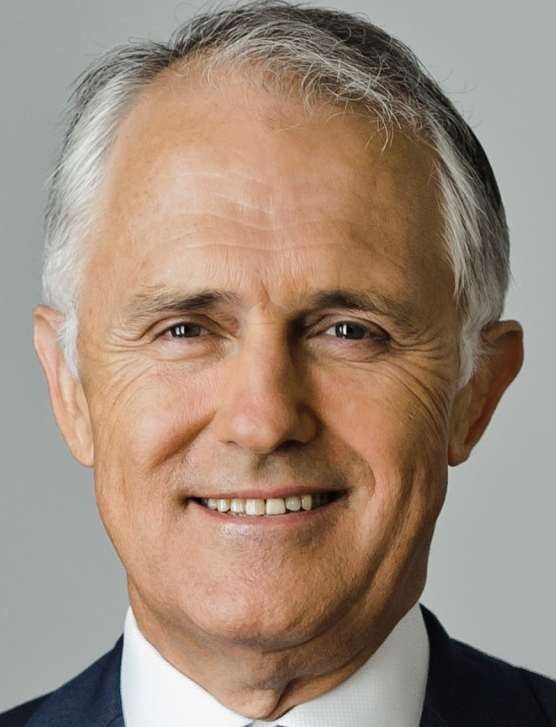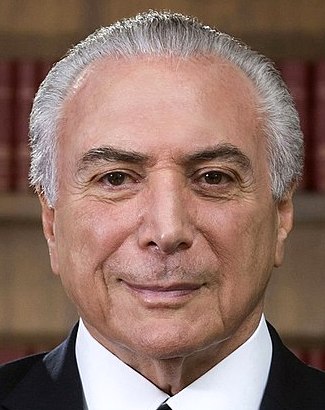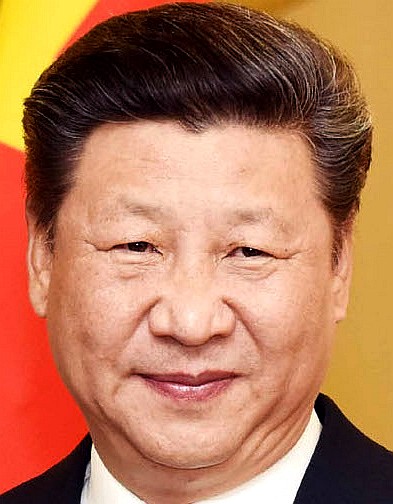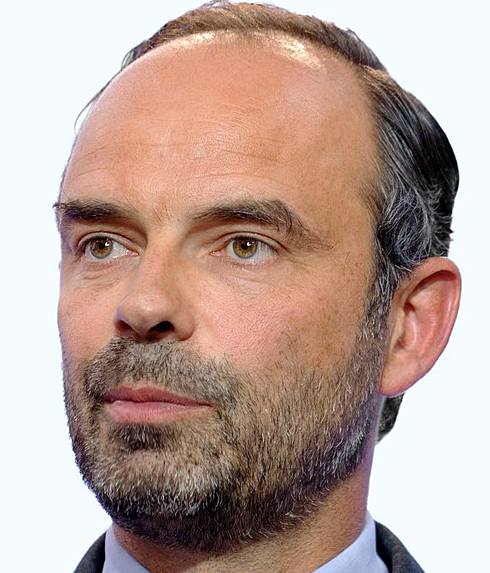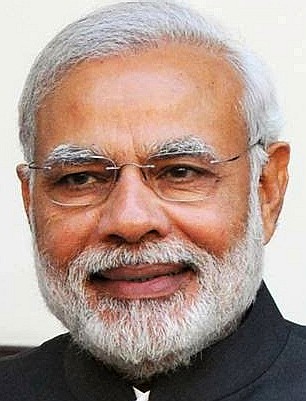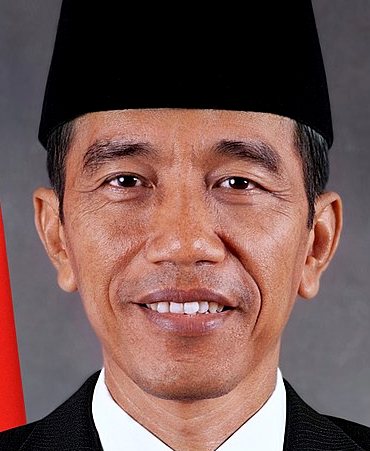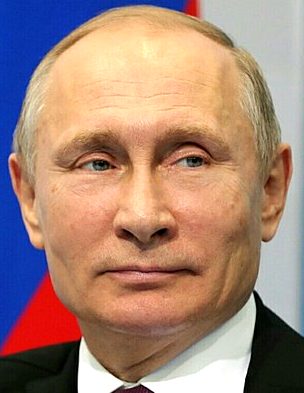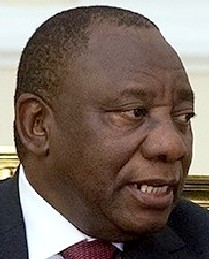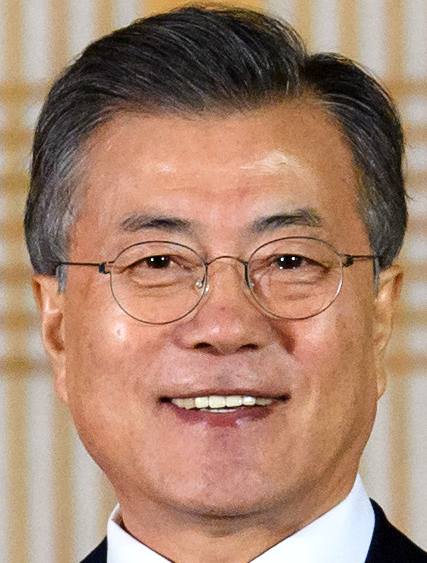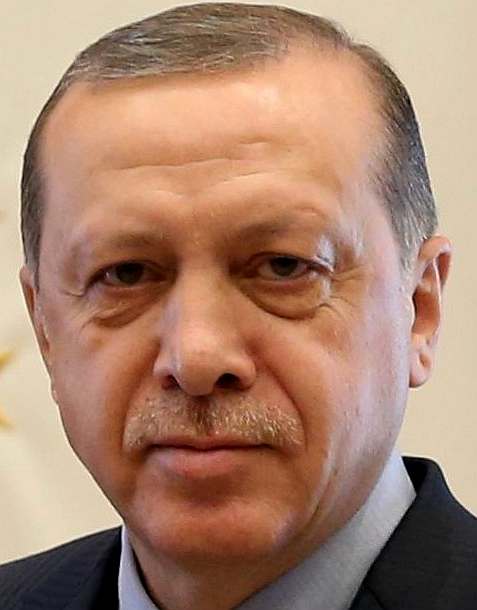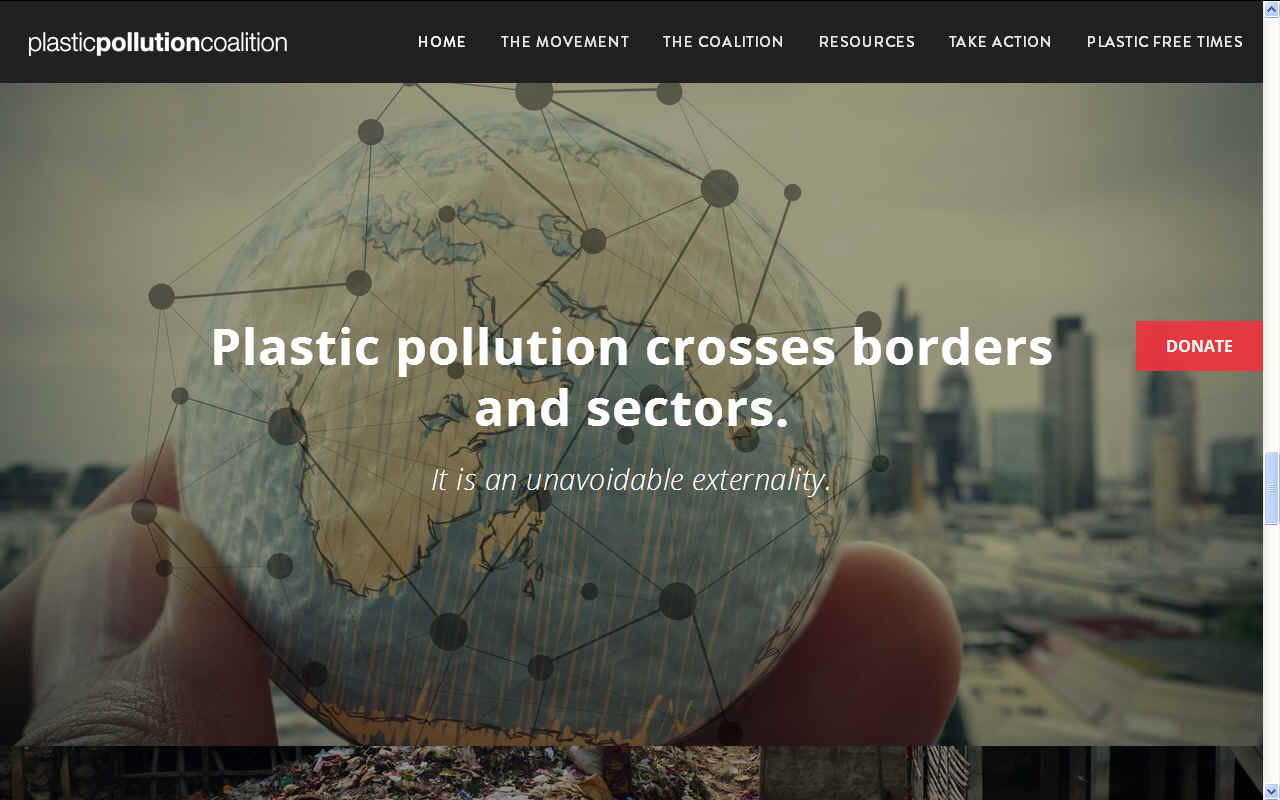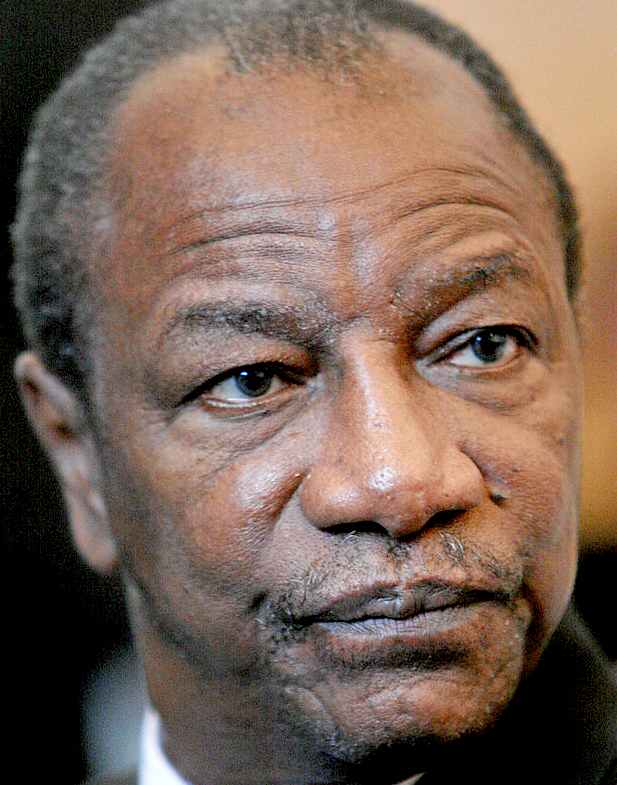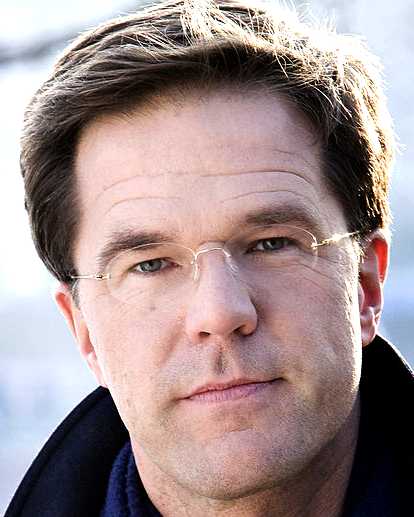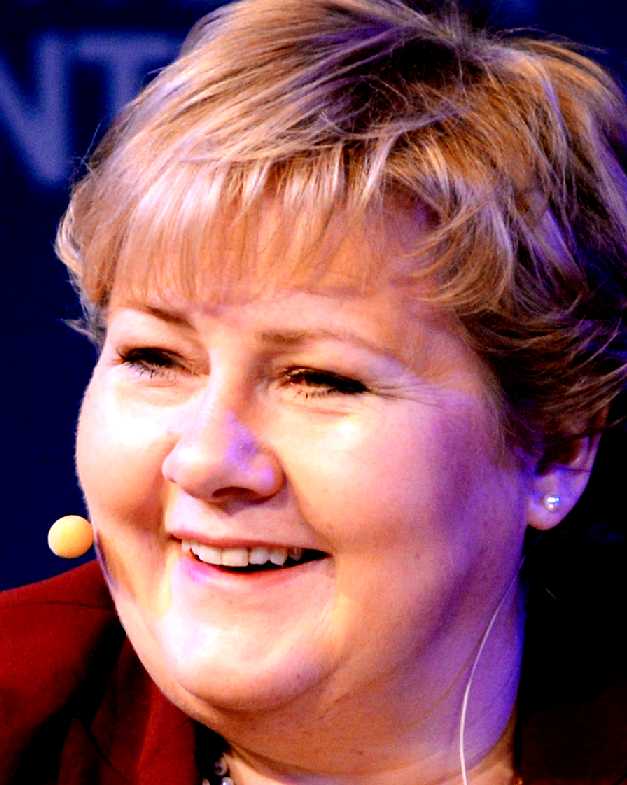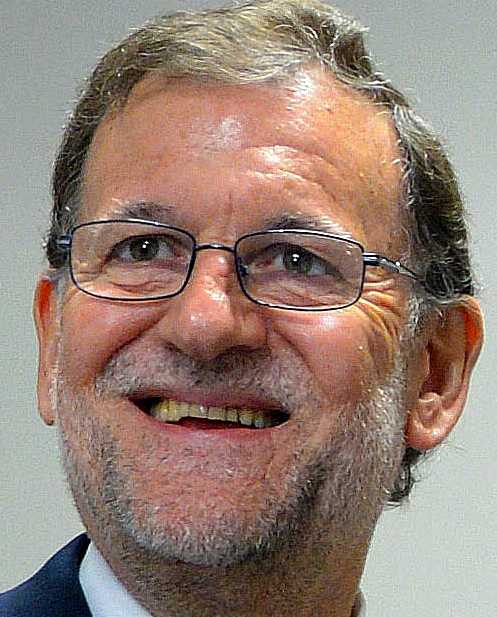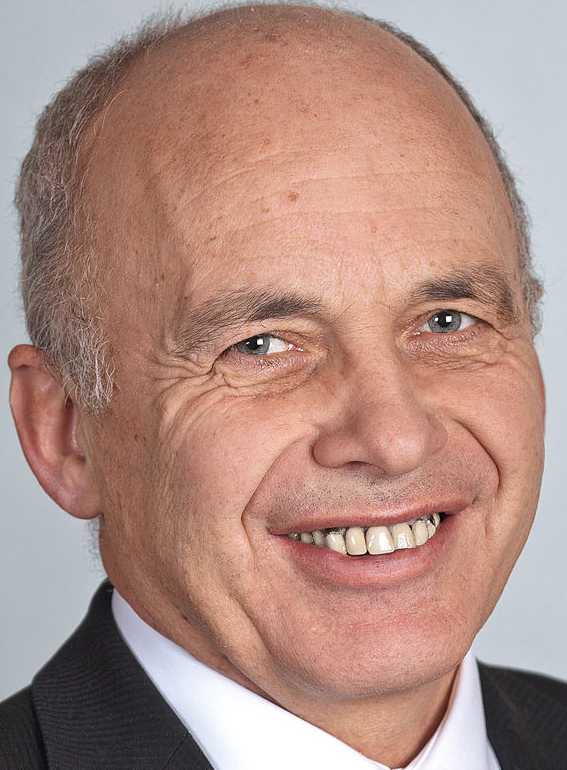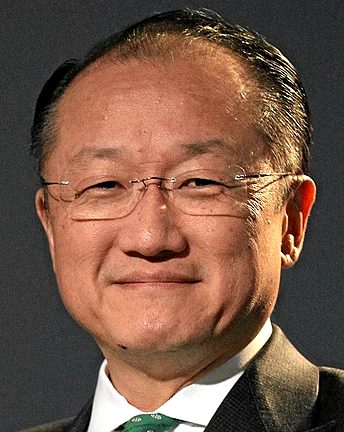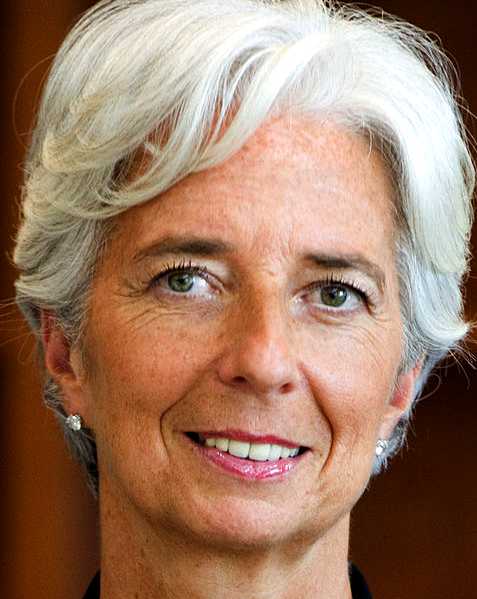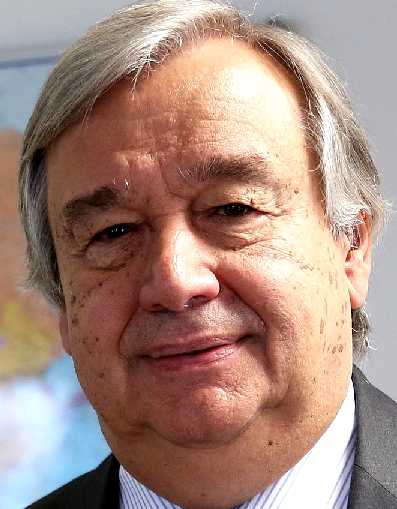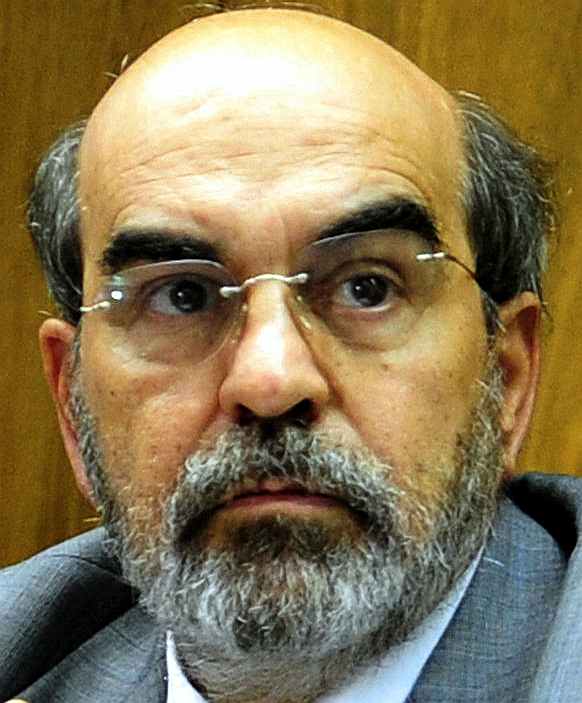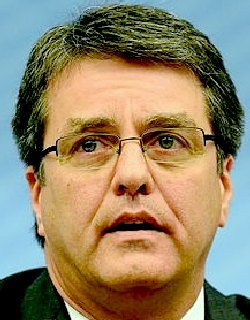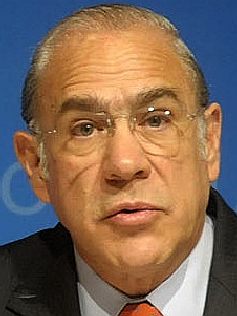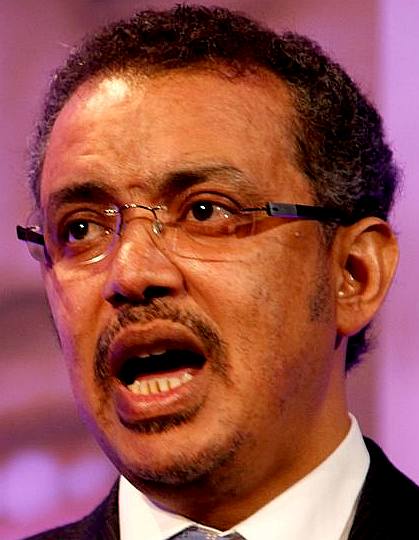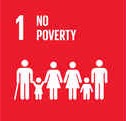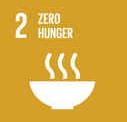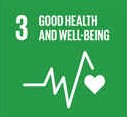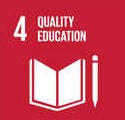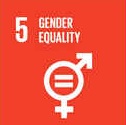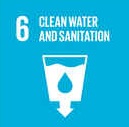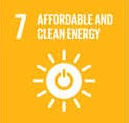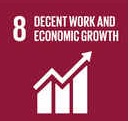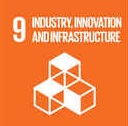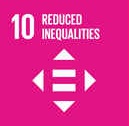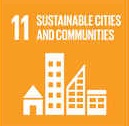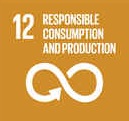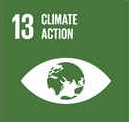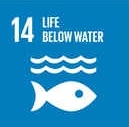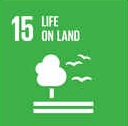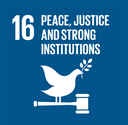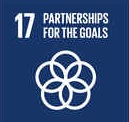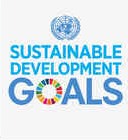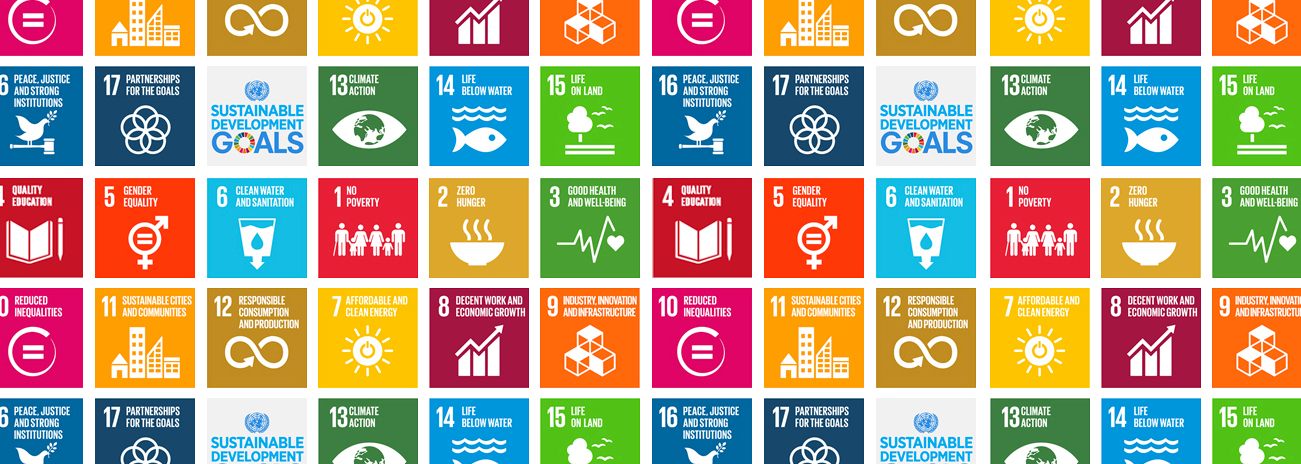|
ANTI PLASTIC - WORLD OCEANS ALLIANCE
ABOUT - CONTACTS - FOUNDATION - HOME - A-Z INDEX
|
||||||||||||||||||||||||||||||||||||||||||||||||||||||||||||||||||||||||||||||||||||||||||||||||||||||||||||||||||||||||||||||||||||||||||||||||||||||||||||||||||||||||||||||||||||||
ONE WORLD ONE OCEAN - In the role of guardians of your geographical regions, there is also a responsibility to develop the blue economy for the international circular economies that a sustainable society requires if we are not to burn planet earth out. We are concerned about the state of the ocean and deteriorating trends, and recognise that the ocean economy is a last chance to reconfigure extraction, production and consumption to ensure that social and economic development respects the planetary boundaries, the integrity of ecosystems to maintain their productivity, and the principles of sustainable development as expressed in the UN Sustainable Development Goals, notably SDG14.
There are a number of organizations that exist to promote world peace and societal projects for the good of mankind. These include the United Nations, the World Bank, the International Monetary Fund (IMF) and many smaller concerns that grant aid suitable projects. In addition there are incentives by most countries to promote clean energy and blue growth.
Each nation making such efforts may not know or rely on their own efforts such that a coordinated global attack on ocean pollution is the result - and that is what we hope world leaders will agree is needed for such an assault on the plastic that threatens to convert our oceans into a toxic poly-slurry.
LAND BASED ANTI PLASTIC ALLIANCE
Governments all over the world are acting to reduce plastic packaging and introducing reuse and recycling. Many responsible corporations are following suit, taking public concerns seriously enough to want to tackle the problem - and also show what they intend doing. Ministers have read the signs, knowing what UN sustainable goals require, so must be pleased at the progress that is being made on land. Beach cleaning is leading the charge, with plastic so collected now being mixed with other recycled plastics to make new products. You can see this in action as part of the EU Plastics Strategy for a Circular Economy.
The same cannot be said to be happening for the ocean. No amount of beach cleaning and recycling on land in Europe and elsewhere in the world is going to stop plastic from accumulating in the gyres, or rid the oceans of the accumulated plastic.
OCEAN BASED ANTI-PLASTIC ALLIANCE
We must get the same level of international agreement going on water as there presently is about land actions.
One of the main issues to recognise and overcome is not the physical act of taking plastic out of the ocean, but cutting through umpteen levels of bureaucracy, multiplied by 20 countries. We could spend more time negotiating with each country to get the ministers to agree on levels of contribution and if and why they should contribute, then on how to deal with the problem, than actually dealing with the problem.
A possible solution that we are here proposing is to create an Ocean Alliance against plastic, specifically to target the build up of associated problems for our next generations and cut through the red tape to get to the blue tape.
By coordinating world efforts cost effectively we may speed up the development of potential solutions. Administrative delays are the enemy of progress, only normally resolved diligently in times of war.
This is a proposal that is designed to reduce the cost of our administration, where applying for grants from different groups is sapping our efforts. This is because most application processes are complicated and time consuming, with significant delays between calls and funding - and of course - no guarantee of success. We might skip over much of the red-tape by asking countries directly for contributions for membership to an Ocean Alliance. We call this our blue tape method.
FOR OUR CHILDREN - The children of Burgas at European Maritime Day present Alberto Laplaine Guimarães with a gift from the Bulgarian City. Sustainable growth and aims for a circular economy are for our children and their children, and their children, and their children - lest we forget why we are working to clean our act up. As trustees of planet earth we should hand the world to our successors in better shape than we found it. Copyright © photograph June 1 2018 Cleaner Ocean Foundation.
ONE PLANET, ONE OCEAN
We share one ocean and one planet. We may care to think otherwise, but in the greatest technical challenge we have yet faced as brothers and sisters of planet earth there are no borders. What neighbor countries trash today is your pollution problem tomorrow, and what you fail to clean up today as responsible parents is our children's legacy for generations to come.
With plastic being a toxin carrier and bioamplifier in the food chain, we can expect that people ingesting fish exposed to marine plastic will be that much more likely to suffer cancer related problems in life, with follow on costs to the health services of contributor nations.
The unique quality of humans is our ability to reason and be reasonable. Provided that the main industrial players in the world accept that plastic production and usage is linked to Gross Domestic Product, it is reasonable to expect that those with most to gain from ocean research and regeneration might want to contribute what they can afford.
We know that world leaders will consider it unfair if they are asked to contribute more than other nations, but would also expect that each nations should match fund any coordinated efforts of this nature. Funding need only continue until SeaVax reaches break even point, at which stage members might expect to benefit from ongoing operations without any cost of membership attaching if they elect to operate their own fleets on a free-license basis.
OCEAN ACTION PLAN
The World needs an Ocean Action Plan to coordinate the efforts of member nations that in turn will benefit each other as the oceans move from one shoreline to the shores of a neighbor country. To help us develop an international strategy we need to generate sufficient funds to effectively make headway, estimated to be in the region of $10 million dollars to develop a SeaVax prototype. Follow on expenses, or pledges of ongoing support should be included to cover the cost of helping contributing nations to set up fleets of ocean cleaning boats - and running them in a network or pattern that stands the best chance of regenerating our oceans. We anticipate it will take around three years to get things moving.
PROPOSED ACTION PLAN IN BRIEF
An Action Plan will involve coordinated research, communications and operations designed to tackle marine plastic, working with other organizations and academics who are committed to such development, to make people aware of the dangers of plastic pollution and the need to review packaging policies.
An Action Plan will involve:
1. Developing ocean cleaning vessels and a central hub to coordinate plastic recovery missions and recycling.
2. Incorporate an awareness campaign to target young and old, to promote responsible use of plastics.
3. Lobbying Governments and Corporations for a rethink on product packaging design and recycling.
4. Collecting grants, accounting for and end of year reporting on progress to Ocean Alliance members.
5. As appropriate and to be agreed by members, winding down the 'Alliance' and handing operations over to individual nations or other international bodies once the plastic menace is averted.
World Oceans Anti-plastic Alliance (WOAA) Cleaner Ocean Foundation Ltd Solar Studios (Solar House) BN271RF United Kingdom.
Tel/Fax: 0044 1323 831727 Email: growth @ blue-growth . org
THE G7 HEADS OF STATE INCLUDING THE EU 2018
The Group of Seven (G7) is a group consisting of:
Canada France Germany Italy Japan United Kingdom United States
The European Union is also represented at the G7 summit.
These countries, with the seven largest advanced economies in the world, represent more than 62% of the global net wealth ($280 trillion). The G7 countries also represent more than 46% of the global gross domestic product (GDP) based on nominal values, and more than 32% of the global GDP based on purchasing power parity.
The concept of a forum for the world's most industrialized countries came from the 1973 oil crisis and grew from there. We are now facing an international plastic crisis.
THE G20 HEADS OF STATE 2018
GUEST NATIONS 2018
INTERNATIONAL ORGANIZATIONS 2018
TIMESCALE EXAMPLE
If (for example) world leaders could agree to contribute within 12 months from July 2018, it would take around three years from that Agreement to get things moving and produce a SeaVax prototype - assuming cooperation from all members of such an Alliance.
From a point in time where a SeaVax (type) prototype was deemed sufficiently proven to go into production, it would take five AmphiMax portable boatyards to produce 8 SeaVax units a year each (@ six week assembly time) that could launch 40 SeaVax ships collectively. If this formula were used as a guide, it would take 3 years to complete a proposed fleet of 120 SeaVax (type) vessels for the Indian Ocean, without clogging up that nations shipyards.
A similar plan would proceed in tandem for the Atlantic and Pacific oceans, meaning that within 3 years a global fleet of 360 ocean dustcarts could be operational.
It would then take an estimated five years to make an impact on fish stocks - as in stabilization - and within 10 years we might reasonably anticipate a percentage recovery of roughly 0.5% a year, meaning that it would take 96 years for our ocean fish stocks to recover to 1970 levels, by 2114. This assumes parallel action to tackle climate change and international bans on single use plastic, or better recycling rates on land.
REDUCING RECOVERY TIME
The only way to improve on the 2114 figure would be to operate more SeaVax vessels:
SeaVax x 720 = 48 years
SeaVax x 1440 = 24 years
This is on the assumption that filtration time does not reach total waste absorption, which is likely at some point even at 360 SeaVax vessels.
ECONOMICS
The blue economy is said to be valued at $24 trillion in total* (USD). According to the UN Food and Agriculture Organization (FAO), the world production of fish in 2005 consisted of 93.2 million tonnes captured by commercial fishing in wild fisheries. The number of individual fish caught in the wild has been estimated at up to 2.7 trillion per year.
Of this the net value = 93.2m x 6668* ($/ave/tonne) = $621,457,600,000.00
Divide this up by the area of our oceans (344.8m km2): $ 1,802,371,230 per million square kilometers. Hence:
It is as yet not possible to suggest a rate of ocean recovery with any accuracy, as insufficient data exists. But, if we were to aim for just 1/10th of one percent for ocean recovery per annum, this would give us a return of $621,457,600 million ($.6.2m) in dollar value in terms of fish yield recovery per year.
In ten years that equates to: $6,214,576,000 ($6.2b) and so on.
On top of that we should add the value of the recovered plastic, and on top of that the fact that toxin levels should drop dramatically in terms of bio-accumulation, making fish safe to eat once more.
WHAT THEN IS THE COST OF THE FLEET ?
A
SeaVax could in theory
pay for itself in five years based on a target cost for a production
SeaVax as being $6.56 million dollars and a return rate of $0.39 cents
per kilogram for recovered ocean plastic, where clean recycled plastic
can reach as much as $0.80 cents per kilogram on the open market,
variable.
For all the oceans at the lowest suggested level of operations we would need around 360 SeaVax vessels (or equivalent) taking the bill to $2.361 billion for a $0.621 billion annual return - hence: 3.8 years until it would be possible to achieve a break even point in $dollar terms.
Cleaner Ocean Foundation offers that this would be a small price to pay for tending to an issue that a few years ago the Global Ocean Commission could offer no potential solutions for. This is our vision for a better aquatic world. The Cleaner Ocean Foundation invite you to share that vision in joining WOAA: the proposed World Ocean Anti-plastic Alliance.
*Estimated
ABOUT THE G 20
The G20 (or G-20 or Group of Twenty) is an international forum for governments and central bank governors that is more inclusive and representational of world output, from:
Argentina Australia Brazil Canada China European Union France Germany India Indonesia Italy Japan Mexico Russia Saudi Arabia South Africa South Korea Turkey United Kingdom United States
Founded in 1999, the G20 aims to discuss policy pertaining to the promotion of international financial stability. It seeks to address issues that go beyond the responsibilities of any one organization.
STATE LEADERS
Mauricio Macri Enrique Peña Nieto Vladimir Putin Theresa May
LINKS & REFERENCE
https://en.wikipedia.org/wiki/2017_G20_Hamburg_summit http://www.g20-insights.org/policy_briefs/sustainable-ocean-economy-innovation-growth-g20-initiative-7th-largest-economy-world/
|
||||||||||||||||||||||||||||||||||||||||||||||||||||||||||||||||||||||||||||||||||||||||||||||||||||||||||||||||||||||||||||||||||||||||||||||||||||||||||||||||||||||||||||||||||||||
|
This website is provided on a free basis as a public information service. Copyright © Cleaner Oceans Foundation Ltd (COFL) (Company No: 4674774) 2018. Solar Studios, BN271RF, United Kingdom. COFL is a charity without share capital.
|
